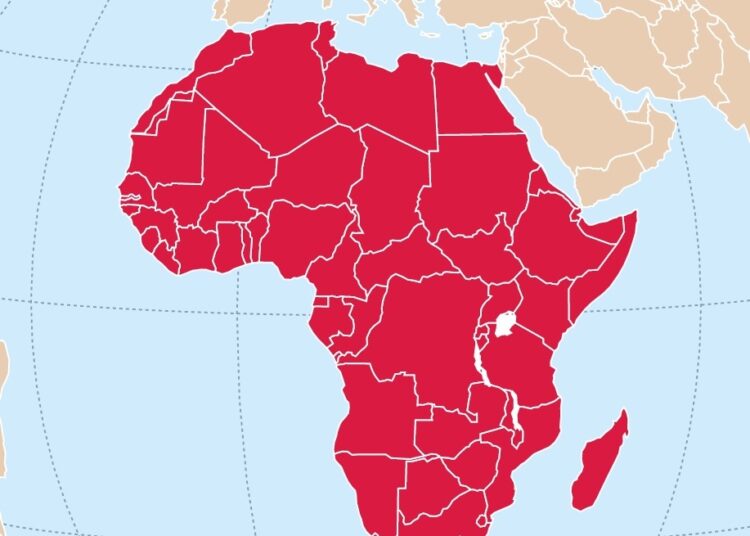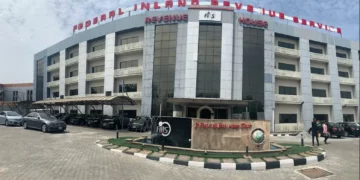The critical funding challenges facing oil and gas companies in Africa can be partially offset if the continent’s $250 billion pension fund assets are deployed to finance essential oil and gas projects.
African leaders have also been urged to recapitalise the region’s over 1,000 financial institutions and national development banks to ensure their funds are kept in foreign countries to finance energy infrastructure, which requires $200 billion annually.
According to Rene Awambeng, founder and managing partner of Premier Investment Solutions, who spoke at the African Refiners and Distributors Association (ARDA) Week Conference in Cape Town, the move would not only bridge the sector’s growing financing gap but also drive broader national development goals. He noted that Nigeria’s success with a $300 million diaspora bond showed that the model could be tapped.
Awembeng stressed the urgent need to mobilise domestic financial resources to fund Africa’s energy infrastructure at a time when traditional international financiers, including central Western banks, reduce their exposure to fossil fuel projects due to climate policies, leaving African nations scrambling for alternative funding sources.
Beyond energy security, he insisted that redirecting pension funds into oil and gas infrastructure was a strategic move to accelerate national development.
“We cannot continue relying on foreign capital that comes with conditions that do not align with our long-term development goals. Africa must take charge of its development, and our pension funds provide a viable path to achieving this,” Awembeng said.
According to him, South Africa, Nigeria, Kenya, Morocco, Botswana and Namibia collectively control a significant portion of Africa’s pension fund reserves. Still, restrictive regulations and risk-averse investment strategies have historically prevented these funds from being channelled into large-scale infrastructure projects. He called for regulatory reforms to allow pension funds to be deployed in ways that directly support national economic objectives.
Alongside pension funds, he lamented that Africa’s financial sector remained underutilised. With 84 national development banks and over 1,000 financial institutions, Awenbeng expressed worry that many of the entities lacked the coordination and capitalisation needed to drive large-scale infrastructure financing.
Global head, Energy & Infrastructure at Standard Bank Group, Dele Kuti emphasised the need for financial discipline in project funding, stressing that strong equity contributions, realistic payback periods, and robust risk management were critical.
Kuti stressed that, funding timelines must align with project expectations, adding that, ‘I don’t want to see funding take two and a half times longer than planned. Financial viability must be clear well before the eighth year.’
Also, speaking, ARDA’s executive secretary, Anibor Kragha, added that, by mobilising domestic capital, including pension funds, insurance pools, and sovereign wealth funds worth over \$4 trillion, would be critical.
Regulators, he said, must be empowered with autonomy and technical capacity to ensure standards and investor confidence.
Kragha also argued for breaking down internal trade barriers so that fuel, capital, and expertise can move freely across borders, adding that financial tools such as carbon credits, blended finance, and guarantee mechanisms could help scale investment and reduce risks.
Kragha noted that strategic fuel reserves are also vital. Many African countries hold only a few days’ worth of fuel, which exposes them to disruptions. National or regional stockholding frameworks, backed by reporting systems and modest levies, could significantly improve resilience without burdening consumers.
“None of this will succeed without strong political will and a unified voice from African leadership. Energy sovereignty must become a continental priority, not just for growth, but for long-term resilience and prosperity,” Kragha warned.











